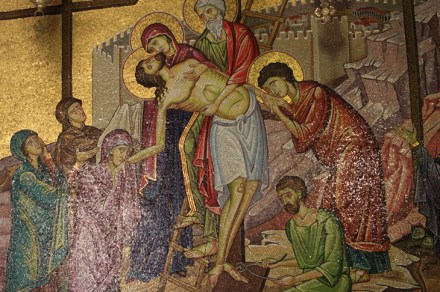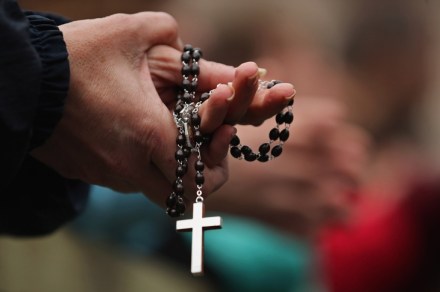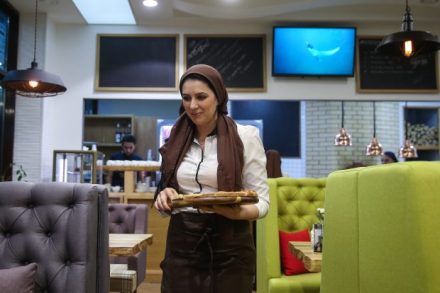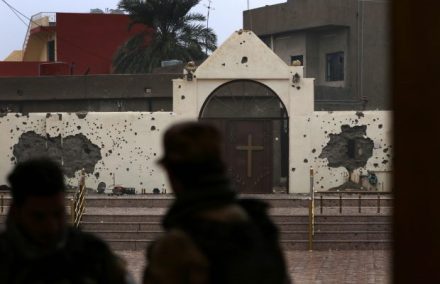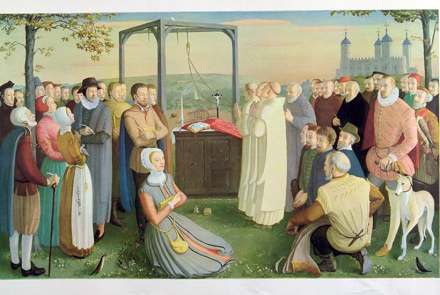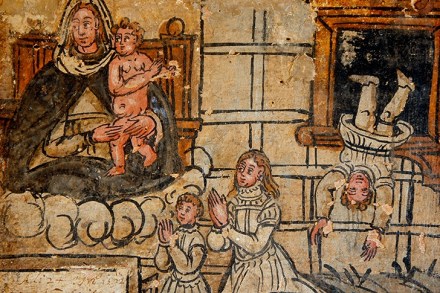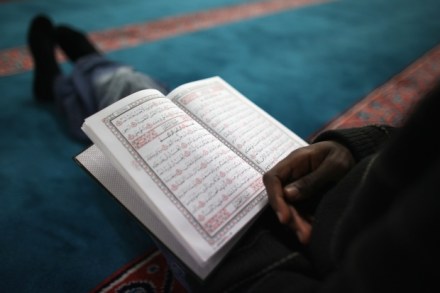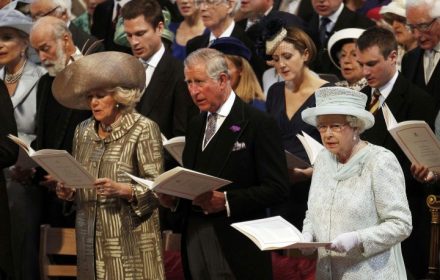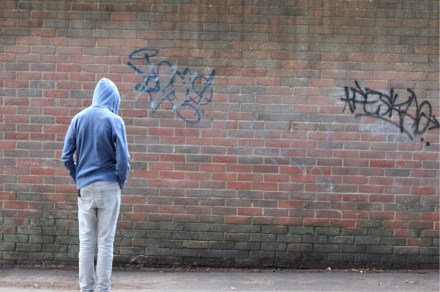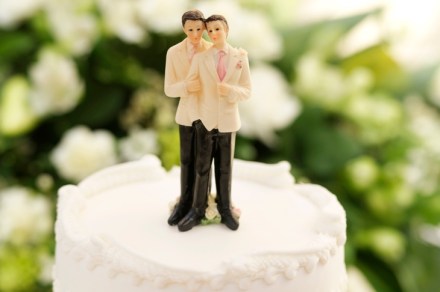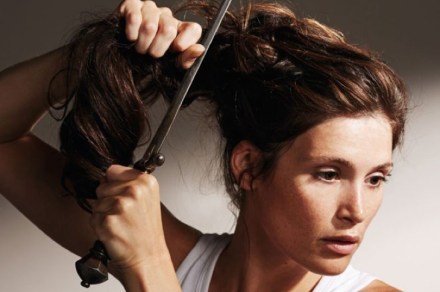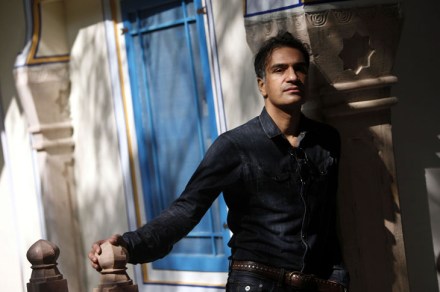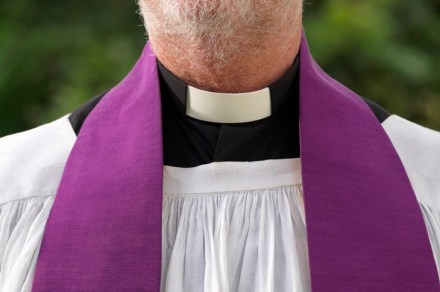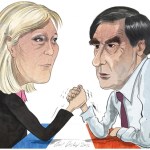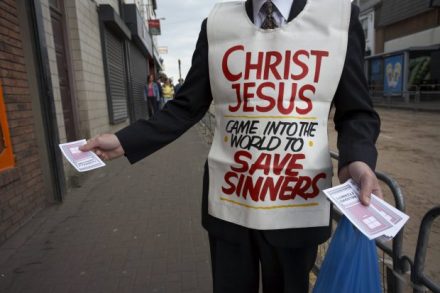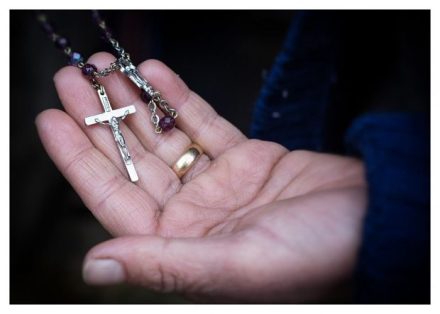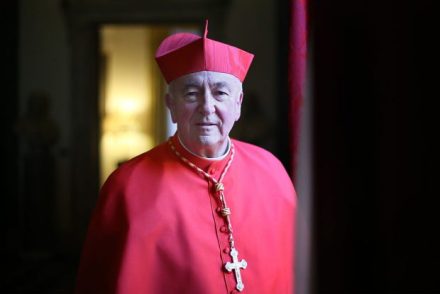Tales of the unexpected | 12 April 2017
It’s the oddest place to find a profound meditation on the death of Christ, but there it is on Radio 2 every year on the night of Good Friday, on the ‘light music’ station, and not on Radio 3 or Radio 4, where you might expect to find it. This year At the Foot of the Cross was sandwiched between Desmond Carrington — All Time Great and Sara Cox’s disco beats, the uncompromising reflections on the nature of belief adding a certain bite to the evening. Diane Louise Jordan and her host of guests at the Watford Colosseum (including the Bach Choir and the tenor Wynne Evans) created a sequence
